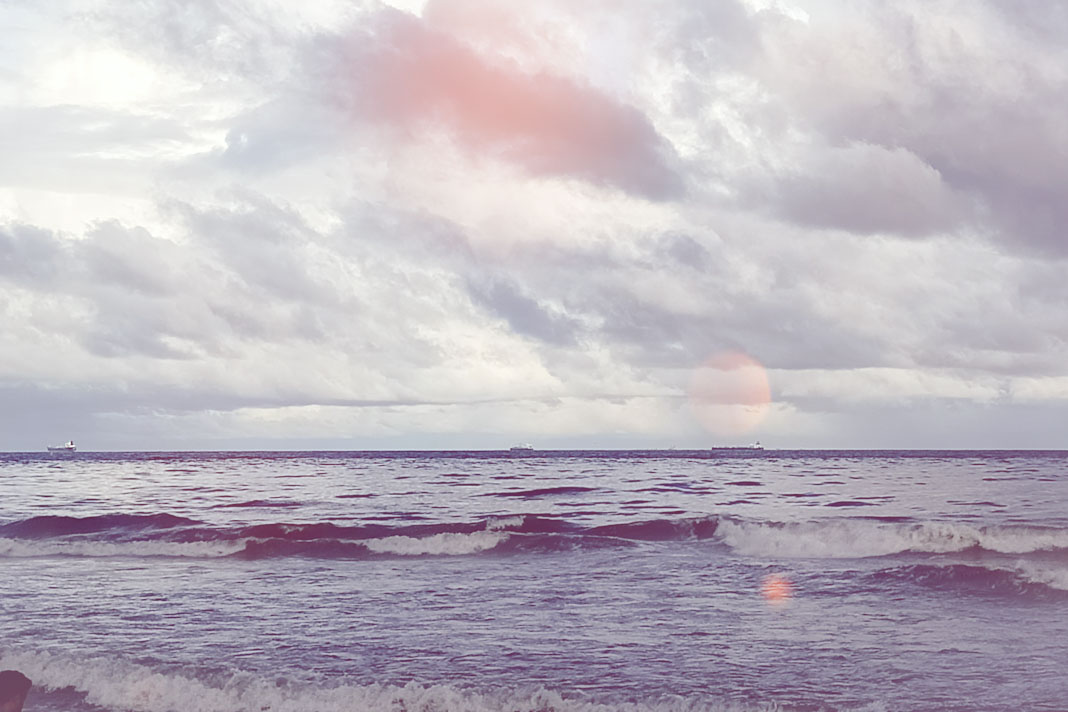
- Brazil has updated its maritime biofouling regulations under NORMAM-401/DPC, effective 17 June 2025, with full enforcement from 1 February 2026.
- All vessels over 24 metres operating in Brazilian waters must carry a Biofouling Management Plan (BFMP), a Biofouling Record Book (BFRB), and maintain a hull fouling rating of 1 or below.
- Similar regulatory frameworks exist internationally in regions including Australia, New Zealand, and California, reflecting a growing global commitment to controlling invasive aquatic species.
In a significant move to curb the spread of invasive aquatic species, Brazil has introduced robust biofouling regulations as part of Chapter 4 of the NORMAM-401/DPC maritime authority standards. The amendments, effective from 17 June 2025, will be fully enforced with penalties from 1 February 2026, as detailed in a circular from Representações Proinde Ltda.
The updated Brazilian rules align with the 2023 IMO Biofouling Guidelines (MEPC.378(80)), requiring all vessels over 24 metres operating in Brazilian waters or travelling between the country’s three biogeographic regions to maintain a Biofouling Management Plan (BFMP) and a Biofouling Record Book (BFRB). Vessels must ensure a hull fouling rating of 1 or lower, indicating no visible macrofouling. Exceeding this threshold triggers mandatory cleaning—either in-water or in dry dock—with in-water cleaning requiring prior approval at least 10 days in advance.
Compliance and Operational Expectations
Ship operators, masters, and crew must fully understand and apply the 2023 Biofouling Guidelines. This includes keeping BFMPs and BFRBs up to date, with detailed records of all inspections, cleanings, and maintenance activities. Local requirements under NORMAM-401/DPC, such as securing authorization for hull cleaning in Brazilian waters, must also be observed.
Uncertainties in Enforcement
The Brazilian maritime authority has yet to confirm how it will monitor and enforce biofouling rating thresholds across its extensive coastline. Penalties, when imposed, are expected to consider the severity of the infraction, the vessel’s compliance history, and the economic capacity of the offender.
Global Biofouling Regulations
Internationally, the IMO provides non-binding guidance through MEPC.378(80) and MEPC.1/Circ.918, offering best practices for biofouling control and in-water cleaning. Australia enforces the Biosecurity Amendment (Biofouling) Regulations 2021, fully implemented since December 2023, requiring vessels to declare their biofouling management status via the MARS portal.
New Zealand has maintained strict rules since 2018 under the Craft Risk Management Standard (CRMS), obliging vessels to arrive with a clean hull, restrict stays if fouling is detected, or undertake haul-out cleaning for longer stays.
In the United States, California enforces its Marine Invasive Species Program (MISP) for vessels 300 GT or larger, requiring BFMPs, BFRBs, regular hull cleaning, and annual reporting to the California State Lands Commission.
A Growing Global Consensus
Alongside Brazil, several other regions and port states are advancing biofouling regulations, promoting BFMPs, BFRBs, and oversight of in-water cleaning. These efforts highlight a shared international commitment to safeguarding marine biodiversity through proactive biofouling management.
Did you subscribe to our Daily newsletter?
It’s Free! Click here to Subscribe!
Source: UK P&I
















